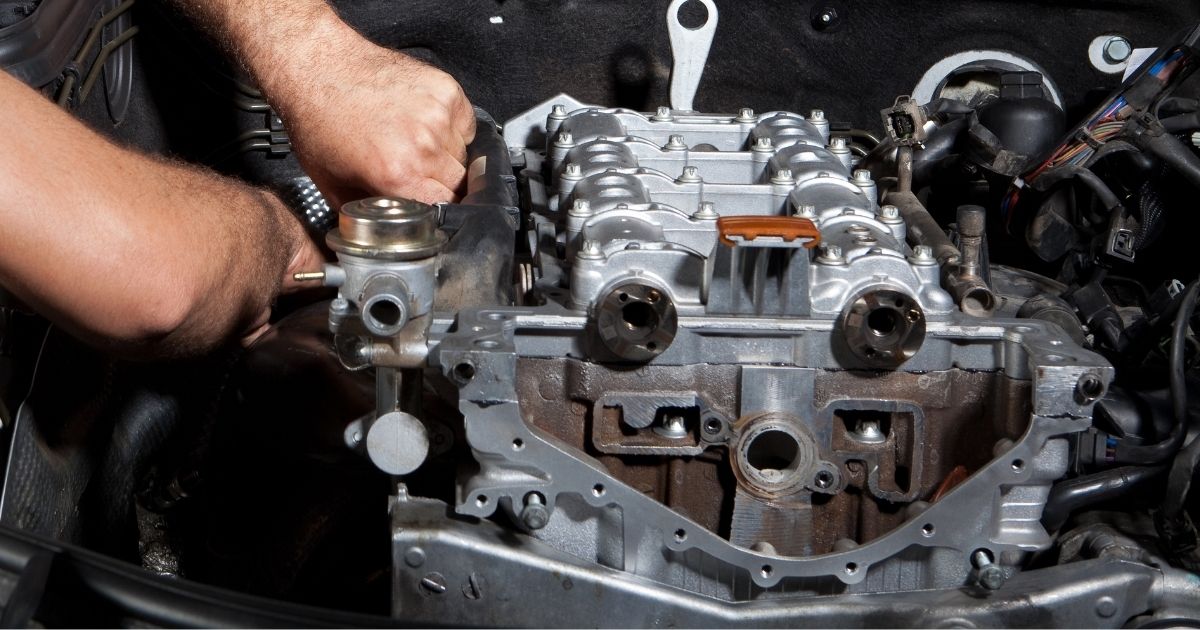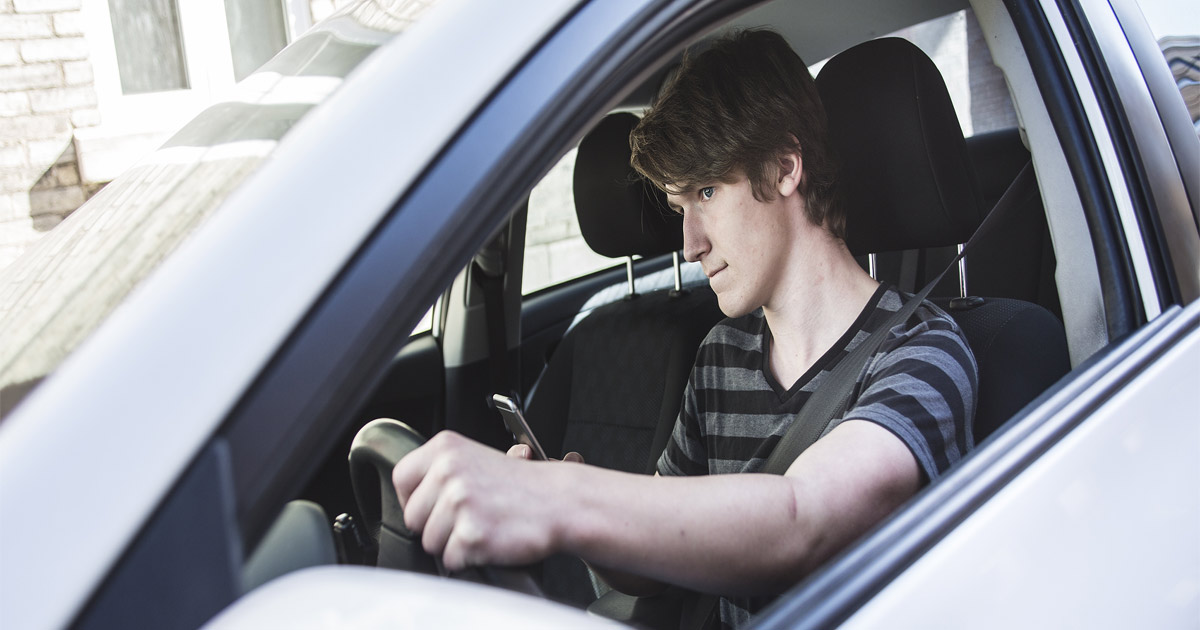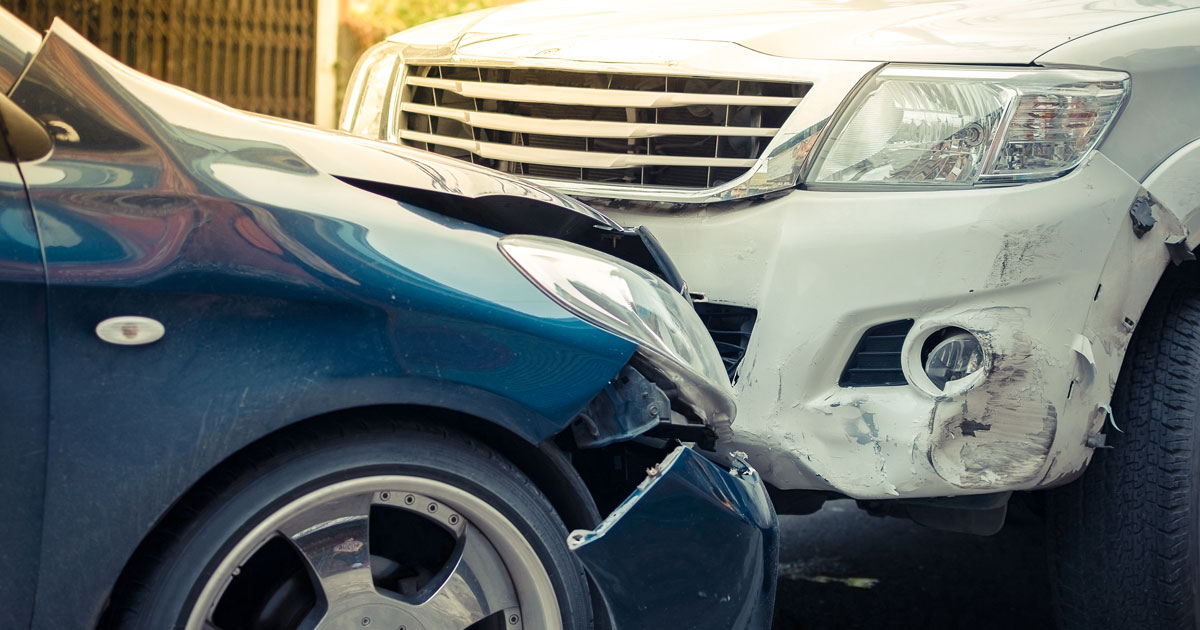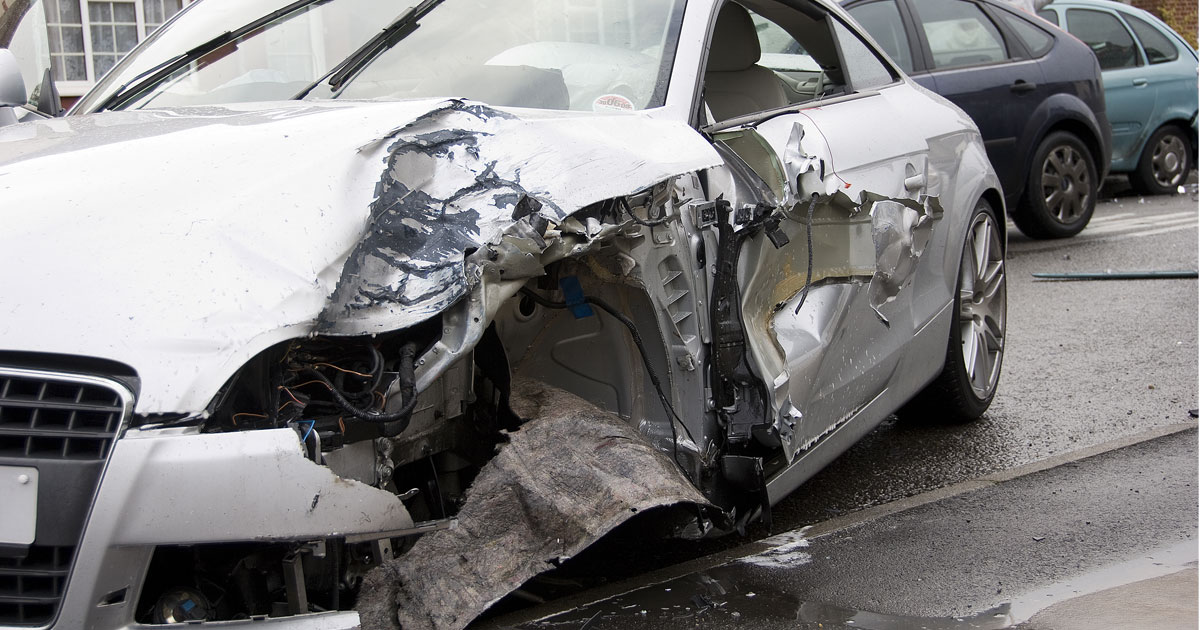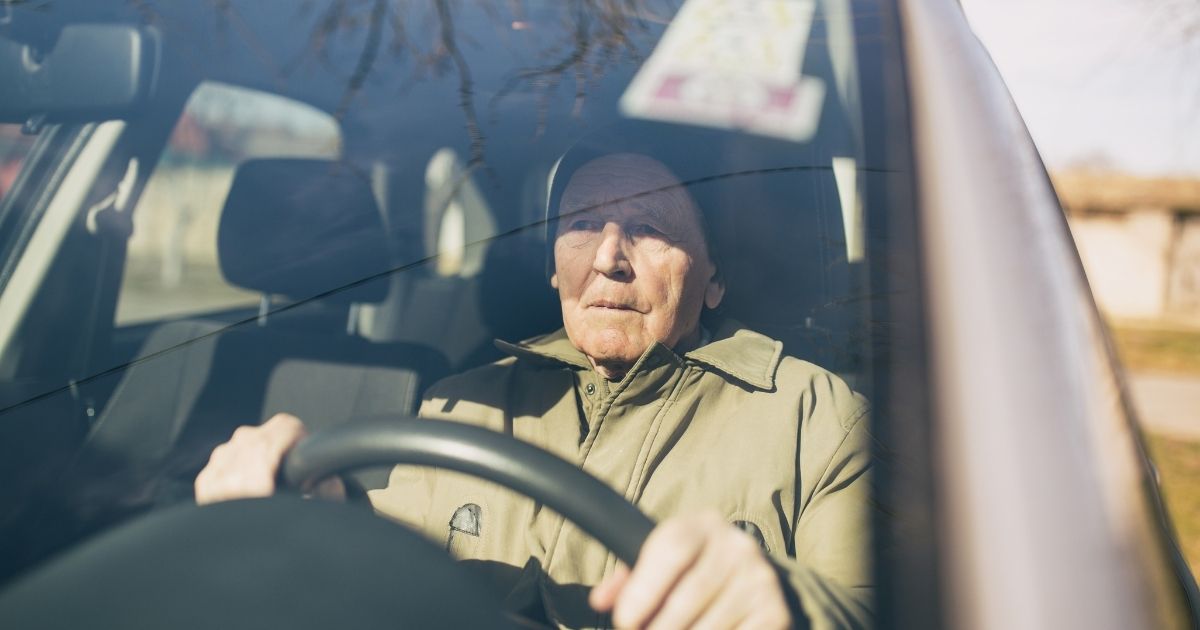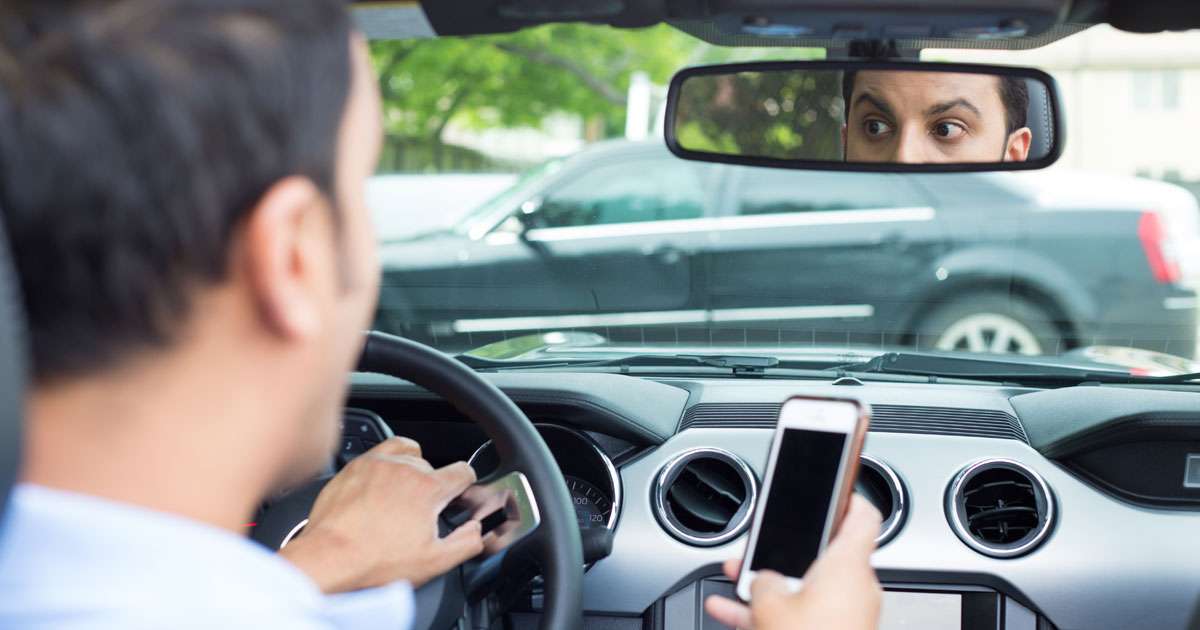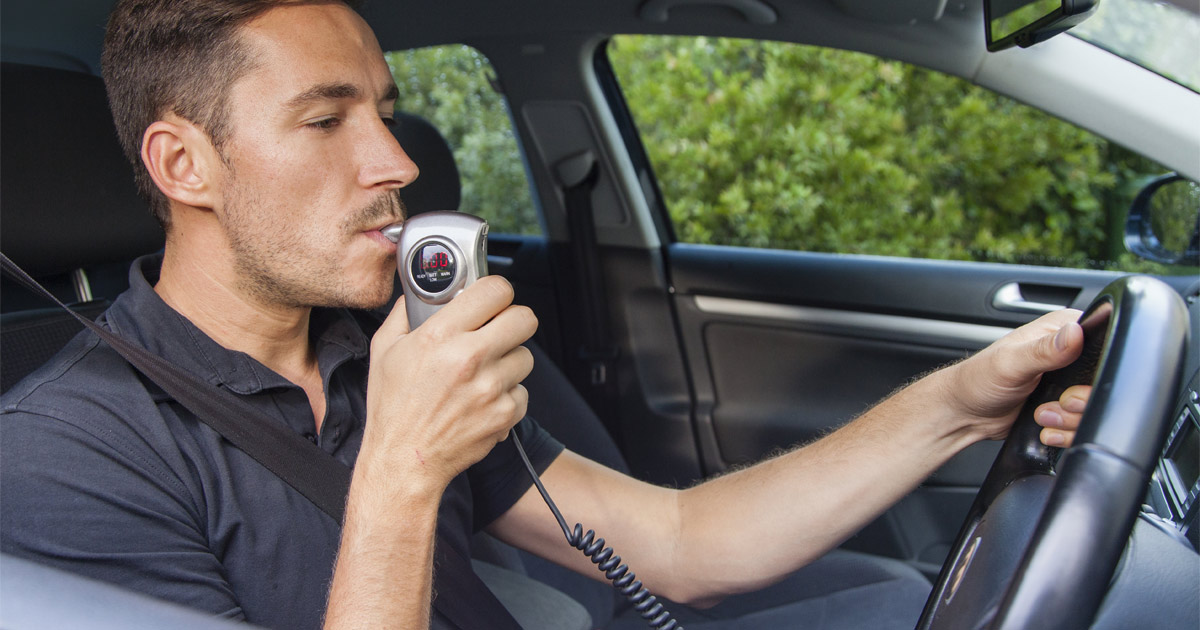Who is Liable if a Defective Car Part Caused an Accident?
Car accidents happen for many reasons, though most accidents involve some form of human error, but defective car parts can cause accidents. Cars are made of thousands of moving parts that need to work together to ensure your safe travel. When a part is defective, it can cause an accident, although the cause may not be immediately clear.
Accidents Caused by Defective Car Parts are Rare
Car manufacturers are heavily regulated. The government requires strict compliance with many manufacturing standards, ensuring that nearly every car that leaves a factory and ends up on the road is safe for travel. But this system is not perfect.
According to the National Highway Traffic Safety Administration (NHTSA), about two percent of all vehicle accidents are caused by defective parts. While that is a small percentage, that still equates to about 22,000 accidents per year. In reality, the true number of accidents caused by defective parts is probably much higher because of the difficulty of making a clear determination of a defective car part’s impact on a crash. Many accidents cause catastrophic damage to vehicles, making it challenging for accident investigators to figure out the exact reason for the crash.
The good news is that many automobile recalls happen because of these types of crashes. When a lawyer is retained by someone injured in the crash, they will work with accident reconstruction experts who will turn over every rock to figure out exactly what caused the accident. Not only can this help avoid future accidents, but it also helps you figure out exactly what caused your accident and what company is to blame.
Defective Products
When a defective car part is found to be the cause of your accident, you will need to prove that it was defective in one of three ways:
- Design: A design defect occurs when a vehicle part was made incorrectly by its very design. Design defects usually occur with every product manufactured, since the defect is in the design of the product itself.
- Manufacturing: A manufacturing defect occurs when a part was manufactured incorrectly, causing a defect. Manufacturing defects usually happen to just one or a limited number of parts.
- Warning: Manufacturers have a duty and responsibility to warn users and consumers of any known dangers with their products. If there was no warning and the danger was not obvious, a manufacturer could be liable for injuries.
It is important to determine what type of defect caused your car accident because your lawyer will need to prove, with evidence, that the manufacturer was to blame. Understanding the cause of the crash is part of the evidence your lawyer will need to show the manufacturer is liable.
Common Defective Car Parts
Any part of your vehicle could be defective. From small screws to belts and hoses to the engine, any part of a car is subject to potential defect. But some parts of a car are more likely to be defectively dangerous than others. These include:
- Airbag
- Cruise control
- Glass
- Leaking
- Parking brake
- Pedal failure
- Seat belts
- Steering
- Software failure
- Suspension
- Tires
The resulting injuries can be dangerous. People can suffer any type of injury in a car accident caused by a defective part. Those injuries could keep you from enjoying your life and require you to receive ongoing medical care.
How to Get Compensation?
After a car accident, you may not be thinking about a lawsuit. But you need to, at least enough to call a lawyer. After a car accident, you have limited time to file a claim. Your lawyer will need time to collect evidence, interview witnesses, and work with accident reconstruction experts to figure out what part caused your accident so they can file a claim against the right company.
They do all of this in an effort to get you compensation for:
- Emotional distress
- Lost income
- Lost earning potential
- Loss of companionship
- Loss of life enjoyment
- Pain and suffering
- Present and future medical expenses
- Rehabilitation costs
Depending on the severity of your injuries, you may not be able to return to work temporarily, or at all. This can severely limit your ability to earn a living and support yourself.
But to ensure you and your legal team work to hold the right company liable, you may need an accident reconstruction expert to investigate your accident. Your lawyer may have resources available to help with this and will be able to work with the insurance company representing the at-fault company.
Soon after a determination is made about what company is liable for your car accident, the insurance company representing that company may call you. They will offer you a quick settlement, hoping that you take it without further consideration. They may even say that the offer is “only good today” and it is the absolute highest amount they can offer, which may be a stretch of the truth or untrue. That means, months or years later, when the settlement funds have run dry but you still have medical bills to pay, there is nothing you can do. You cannot go back to the insurance company and ask for more money.
Most car accident victims underestimate the amount of money they will need to recover to avoid paying even a single penny out of their own pocket. That is why it is absolutely crucial that you speak with a lawyer right away. Your lawyer can help create an accurate estimate of your future medical and financial needs. Considering the amount of time you will be out of work, and factoring in any ongoing medical care you may require, your legal team can help figure out what you need to avoid financial hardship.
Not all legal teams are equipped to handle this complex calculation. It requires collaboration with medical experts to understand your injuries and the impact they have on your life. It will require consultation with specialists to figure out the likelihood of your body returning to your pre-accident condition. All of this information is used to determine whether and when you will be able to financially support yourself again. If you cannot or if it will be some time before you can, your lawyer will aggressively negotiate with the negligent company’s insurance company to help get you maximum compensation.
The Springfield Car Accident Lawyers at Kicklighter Law Hold Negligent Parties Liable for Your Injuries
If you have been injured in a car accident, you need to know your legal options. Speak with our Springfield car accident lawyers at Kicklighter Law. Contact us today to schedule your consultation by calling 912-754-6003 or fill out our online form. We proudly serve our Georgia neighbors in Springfield, Effingham County, Savannah, and surrounding areas.

